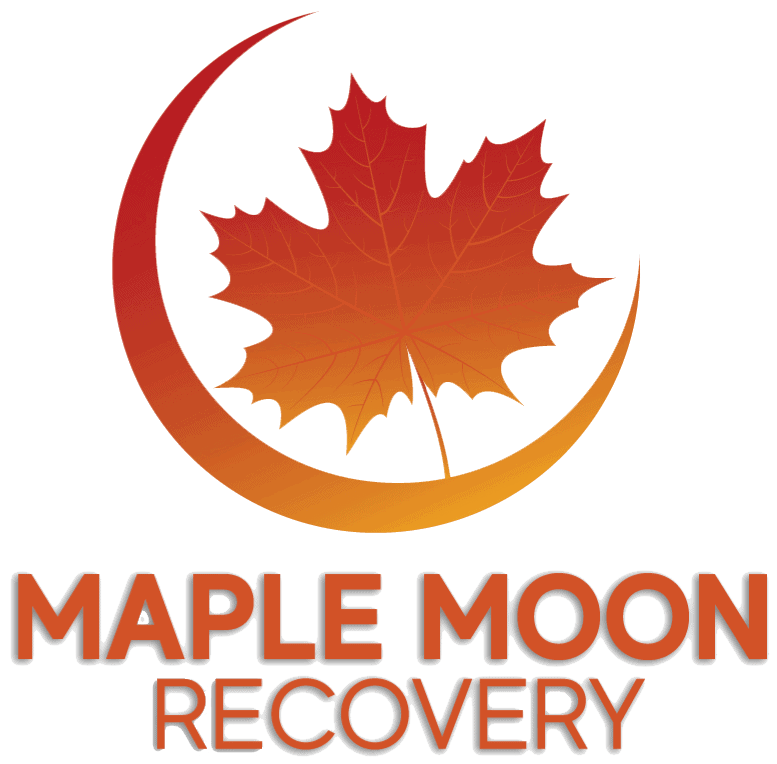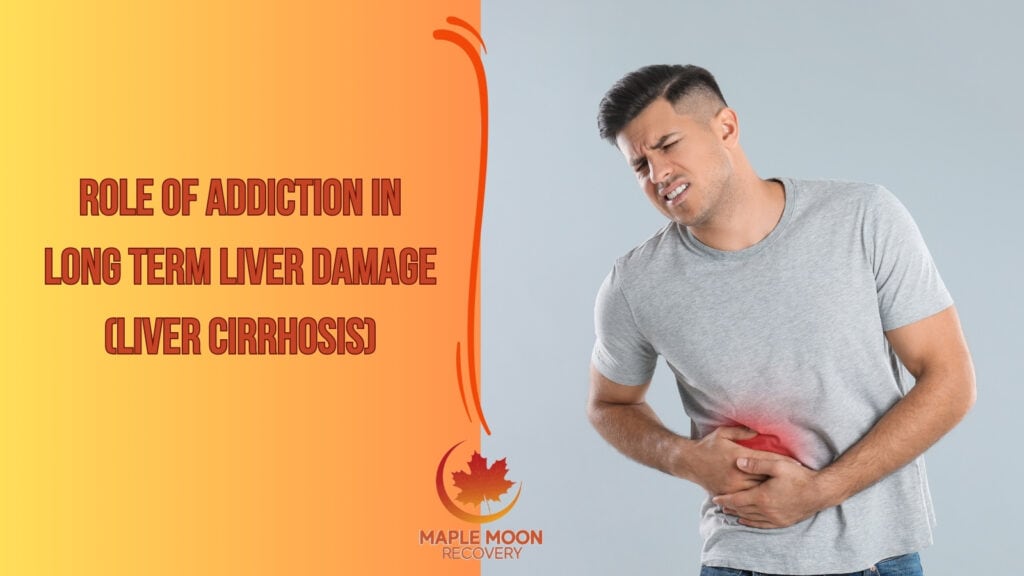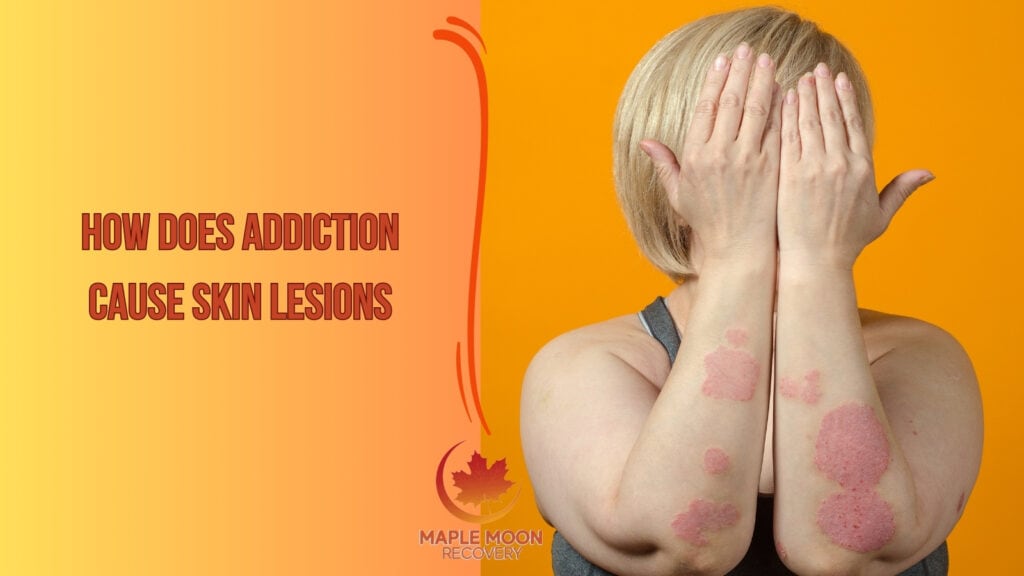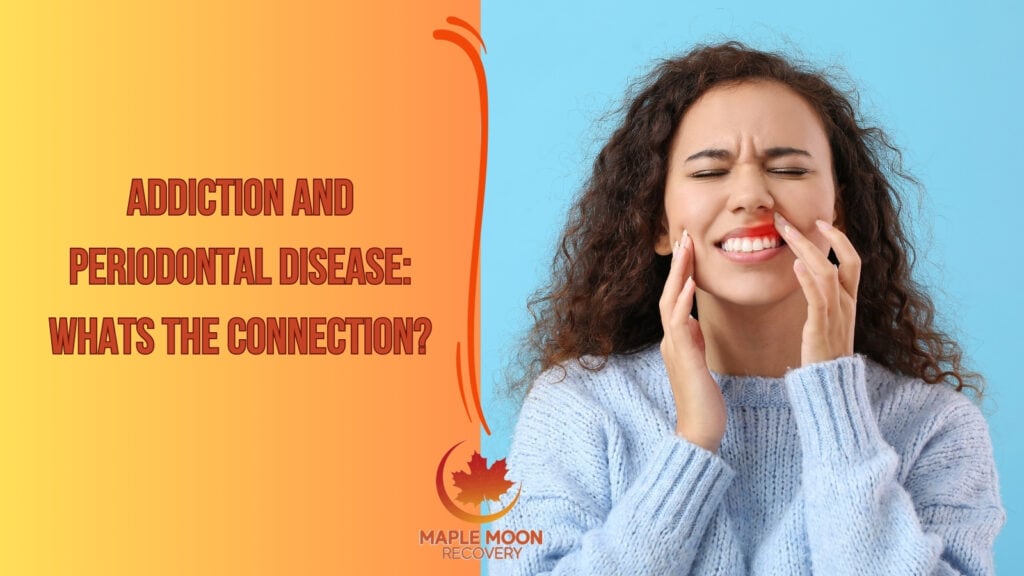Addiction, an issue that is as widespread as it is complex, continues to be at the center of numerous debates, raising important questions about its nature and implications. A particularly contested topic is whether addiction should be classified as a disease. Opinions vary significantly, not just among experts, but also among different sections of society, making the conversation around addiction to be dynamic and sometimes contentious. By exploring some of these varied perspectives, we can come to a more nuanced understanding of addiction.
Understanding Addiction
Addiction is characterized by a compelling urge for an individual to continue using a substance despite the harm it causes them. This urge to use can feel all-consuming, pushing aside other aspects of life. Those struggling with addiction tend to need more of a given substance over time to achieve the desired effect, and experience discomfort or illness when not using the substance, or find it hard to quit despite multiple attempts to become sober.
“Is addiction a disease?” is a question that many people struggling with addiction and their families ask. While there is an argument to support the perspective that it very well may be, it’s crucial to understand that a combination of factors contribute to addiction. Genetic factors can play a part, as a family history of addiction can increase one’s susceptibility. However, the environment also has a significant impact; exposure to drug use, emotional distress, peer influence, and access to substances can all heighten the risk. Psychological factors including a history of trauma and the presence of mental health conditions such as depression or anxiety also add to the complexity of addiction.
The Disease Model of Addiction
The American Medical Association officially classified addiction as a disease in 1956. The disease model of addiction considers addiction a chronic, relapsing disorder that involves compulsive substance use or behavior, leading to long-term changes in the brain. This model shifts the narrative about addiction from a moral failing to a health issue, comparable to other chronic diseases like diabetes or heart disease. This perspective also allows for a more compassionate understanding of addiction, helping reduce the stigma around substance use. It also emphasizes the need for addiction treatment and management to be taken seriously on all levels of society, from education to health care.
Criticisms of the Disease Model
Although the disease model of addiction has gained substantial acceptance, it is not without critics. Some people argue that classifying addiction as a disease absolves individuals of personal responsibility for their actions. Additionally, some critics feel that the disease model may lead to an over dependence on medical interventions and a lack of emphasis on personal agency and the power of the individual.
There are other theories of addiction that offer a different perspective. Psychological models, for example, see addiction as a coping mechanism for stress or trauma. Social models highlight the role of environmental factors such as socioeconomic status, family, and peer influences in substance abuse. The choice model posits that addiction results from a repeated series of choices influenced by perceived costs and benefits, challenging the idea that addiction is a disease characterized by a lack of control.
Although the disease model of addiction may not be the final say on the matter, it is clear that addiction is a complex issue that requires a compassionate, comprehensive approach.
Perspectives from the Medical Community
The American Medical Association and the American Psychiatric Association, among others, classify addiction as a chronic disease. They argue that prolonged substance use can lead to changes in the brain that result in the harmful behaviors seen in people who use drugs. This perspective aligns with the disease model’s view that addiction is a chronic, relapsing brain disease, not a moral failing.
However, even within the medical community, the disease model is not universally accepted. Some practitioners argue that the disease model overlooks the role of social and environmental factors in addiction. These practitioners advocate for models that take a more holistic view of addiction, emphasizing the need for multiple therapeutic modalities such as counseling and behavioral therapy.
Implications for Treatment and Policy
The way we view addiction has significant implications for how it is treated. Viewing addiction as a disease encourages medical interventions such as medication-assisted treatment (MAT). This perspective also emphasizes the importance of long-term care and support, acknowledging the chronic nature of addiction. The disease model also promotes psychological interventions like cognitive-behavioral therapy, given the understanding of addiction’s impact on the brain and behavior.
Accepting addiction as a disease may also lead to change on a bigger scale. In terms of public policy and funding, addiction as a disease merits insurance coverage and government funding similar to other chronic conditions. This can increase access to treatment, allowing more individuals to receive help.
The stigma surrounding addiction is another significant barrier to treatment for many individuals.
The disease model can also help reduce the blame and shame associated with addiction, encouraging more individuals to seek help. However, some argue that the disease label could lead to a narrative of chronic illness and perceived helplessness. Although the disease model can be instrumental in changing perceptions and policies, it is essential to balance this view with an understanding of the role of free will and personal agency in addiction recovery.
Moving Forward
The classification of addiction as a disease is a complex issue encompassing a range of perspectives, each with its own strengths and limitations. We have discussed how the disease model of addiction defines it as a chronic, relapsing disorder characterized by changes to the brain. This model has been widely accepted by many medical organizations and has played a significant role in shaping treatment approaches and public policies. However, criticism of the disease model focuses on concerns of reduced personal agency, potential over-medicalization, and an insufficient acknowledgment of social and environmental factors in addiction.
Alternative theories, such as the psychological, social, and choice models, offer different perspectives, emphasizing elements like personal choice, coping mechanisms, and environmental influences. Personal experiences with addiction are diverse and individual perspectives on these models can vary greatly, further underlining the complexity of this issue. The aim of this article is not to endorse a specific viewpoint, but to encourage thoughtful consideration and informed discussions on this multifaceted topic.
Experience Compassionate Care at Maple Moon Recovery Addiction Treatment Center in Los Angeles.
If you or someone you know is struggling with addiction in the Los Angeles area, Maple Moon Recovery is a leading addiction treatment center that provides comprehensive care and support. Located near Los Angeles, Maple Moon Recovery offers a range of specialized services and unique features to assist individuals on their path to recovery. Let’s explore the addiction treatment resources available at Maple Moon Recovery, including:
- Residential Treatment: Maple Moon Recovery offers a residential rehab program that provides a safe and supportive environment for individuals seeking intensive treatment for addiction. Their residential program is designed to address the physical, emotional, and psychological aspects of addiction through evidence-based therapies and personalized treatment plans. With a team of experienced professionals, Maple Moon Recovery ensures that each individual receives the care and support they need to overcome addiction.
- Medical Detox: Maple Moon Recovery provides medical detoxification services, which involve a supervised process of removing harmful substances from the body while managing withdrawal symptoms. Under the care of medical professionals, individuals can safely undergo detoxification, setting the foundation for further addiction treatment.
- Aftercare: Maple Moon Recovery recognizes the importance of aftercare in the recovery process. They offer comprehensive aftercare programs that provide ongoing support and guidance to individuals after completing a residential or outpatient program. These aftercare programs help individuals maintain their sobriety, develop healthy coping mechanisms, and navigate the challenges of transitioning back into daily life.
At Maple Moon Recovery, the dedicated team of professionals understands the complexities of addiction and is committed to providing compassionate, holistic care. They prioritize individualized treatment plans, evidence-based therapies, and ongoing support to help individuals achieve long-term recovery.

Seeking Help and Taking the Courageous Step Towards Recovery
At Maple Moon Recovery, we believe that anyone struggling with addiction deserves support and compassion. Our mission is to inspire hope and deliver holistic care to those in need of addiction treatment in a contemporary and healing environment. Your local health provider can provide resources for addiction recovery, and the Substance Abuse and Mental Health Services Administration (SAMHSA) has a 24/7 helpline that offers free and confidential treatment referrals and information. If you are ready for comprehensive support, take the courageous step toward recovery and reach out to Maple Moon Recovery today!





